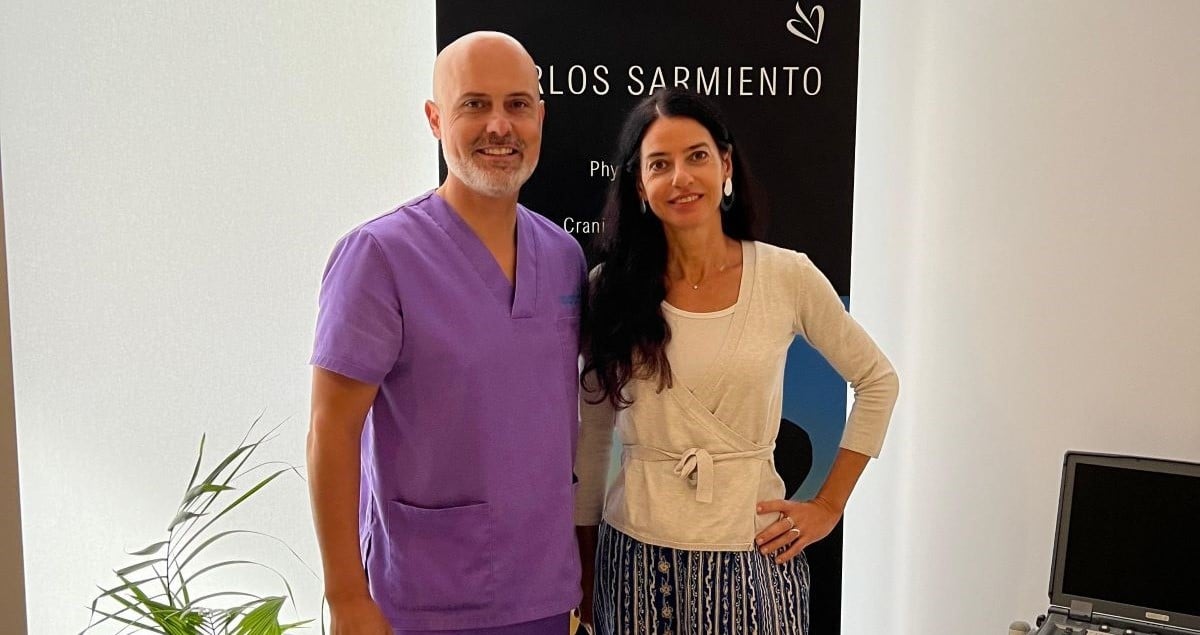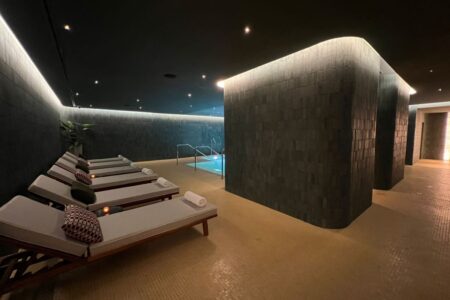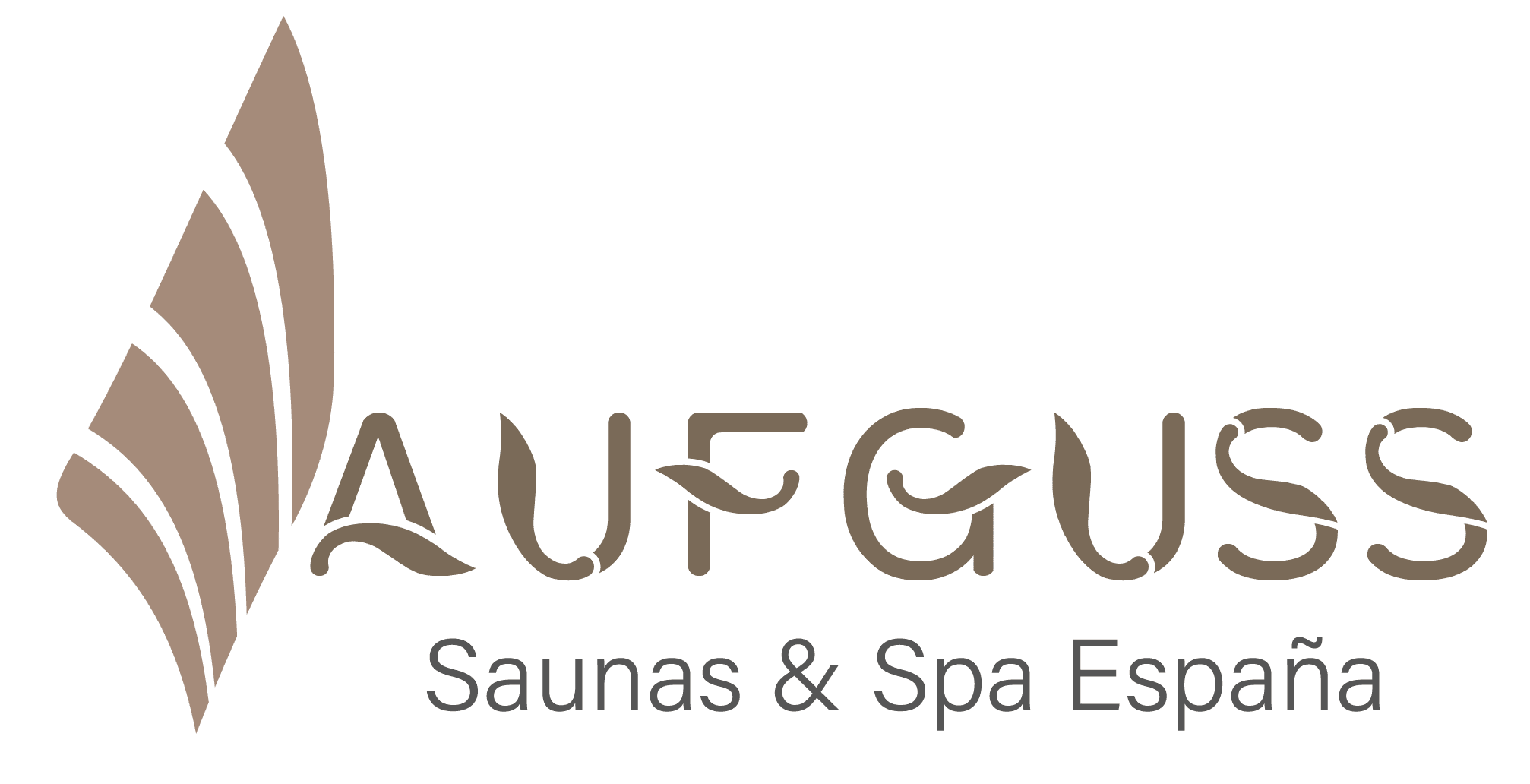In the quiet oasis of his clinic in Marbella, Carlos Sarmientophysiotherapist and osteopath, shares with us how his passion for the FootGolfCarlos, an emerging sporting discipline, has become intertwined with his professional vocation. Carlos is a player of the Spanish FootGolf team, a sport that combines the techniques of football with the rules and environment of golf.
"FootGolf was born around 2008 in Holland and arrived in Spain around 2014. It's a fusion between football and golf, basically more towards golf," explains Carlos. It is played with a football on golf courses with holes of 52 cm in diameter, a task that, according to Carlos, "seems much easier than it actually is".
The sport has attracted some 2,500 players in Spain, where it is still struggling for official recognition. Carlos highlights the profile of the players: "Most of them are ex-footballers or maybe some footballers, although it is more difficult for them to be active as the tournaments are usually weekend tournaments. Let's say that is a gentler way to play football. because you don't have to be constantly running for 2 hours, with the fatigue and risk that this can entail without such a rigid physical form.
However, physical preparation is essential to avoid injury, especially to the quadriceps, due to the power required for the blows. "You have to have a weekly training routine so that your body is in good condition to avoid and prevent injuries," says Carlos, who went from being a physiotherapist to a senior national team player, learning how to strengthen his muscles to avoid frequent injuries.
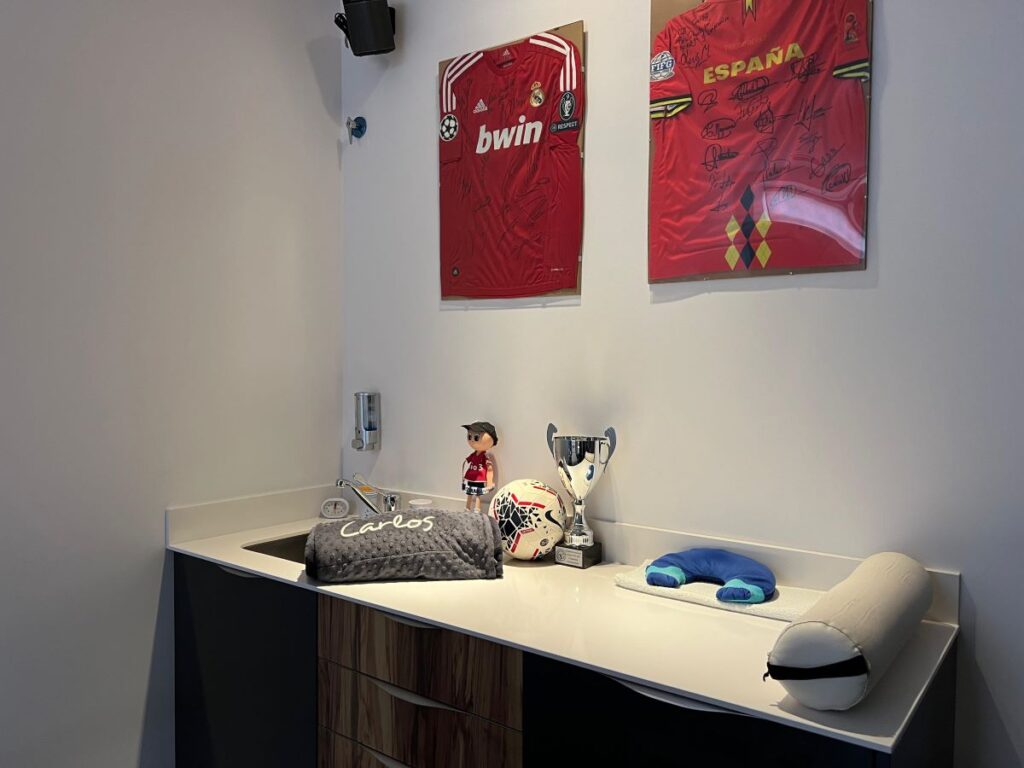
The game is not only accessible for young people but also for older people, being an ideal sport for those looking to stay active without putting the body through the rigours of traditional football. "A person of 40, 50 years old could not play a game of football well, but a game of FootGolf could," says Carlos. However, he warns of the need to be physically prepared to avoid injuries.
Carlos reflects on the importance of physical activity and proper care: "It's good to do sport, yes, but in the right measure. I'm the first to recommend doing sport because it will protect your skeleton, but if I overwork those muscles that are already a bit weaker, that protection becomes an injury.
In the field of physiotherapy, Carlos has implemented his therapies with the use of a bracelet that enhances the use of radiofrequency in the session. "I developed this bracelet to keep the Indiba effect in function while I manually treat the patient, in fact, I have patented it. It is a utility model that allows me to improve a technique that already exists... so we get double the result in the same session," he explains about the combination of technology with manual therapy that accelerates the recovery of muscle and bone injuries.
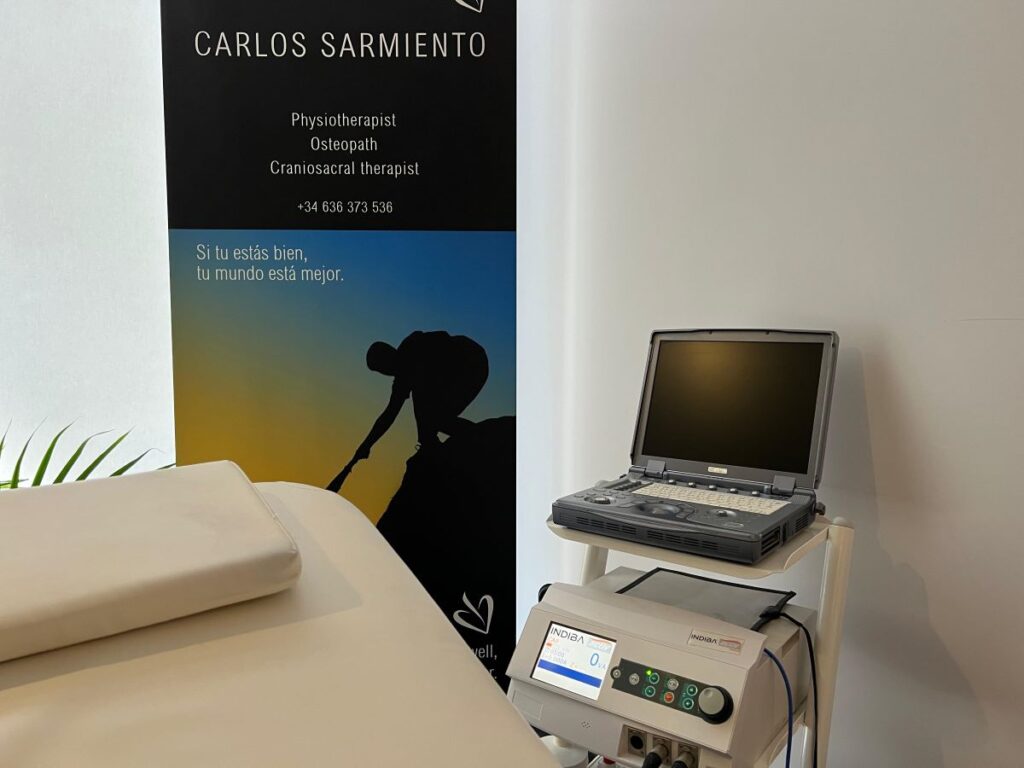
Carlos concludes with a warning about professional intrusion in physiotherapy, which can have serious consequences for the health of patients. "In our profession, intrusion has repercussions on your health... it is not simply a question of money. When a person is immobilised and in pain, the only thing they want is to recover quickly and the possibility of reducing pain and recovery times is fundamental for a serious professional."
This hybrid sport, along with advances in physiotherapy, shows us how innovation and tradition can coexist, providing not only a source of entertainment and competition but also a tool to improve our quality of life. FootGolf, like Carlos' holistic approach to physical therapy, invites everyone, regardless of age, to hit life with the same passion and precision with which they hit a ball on the green.
